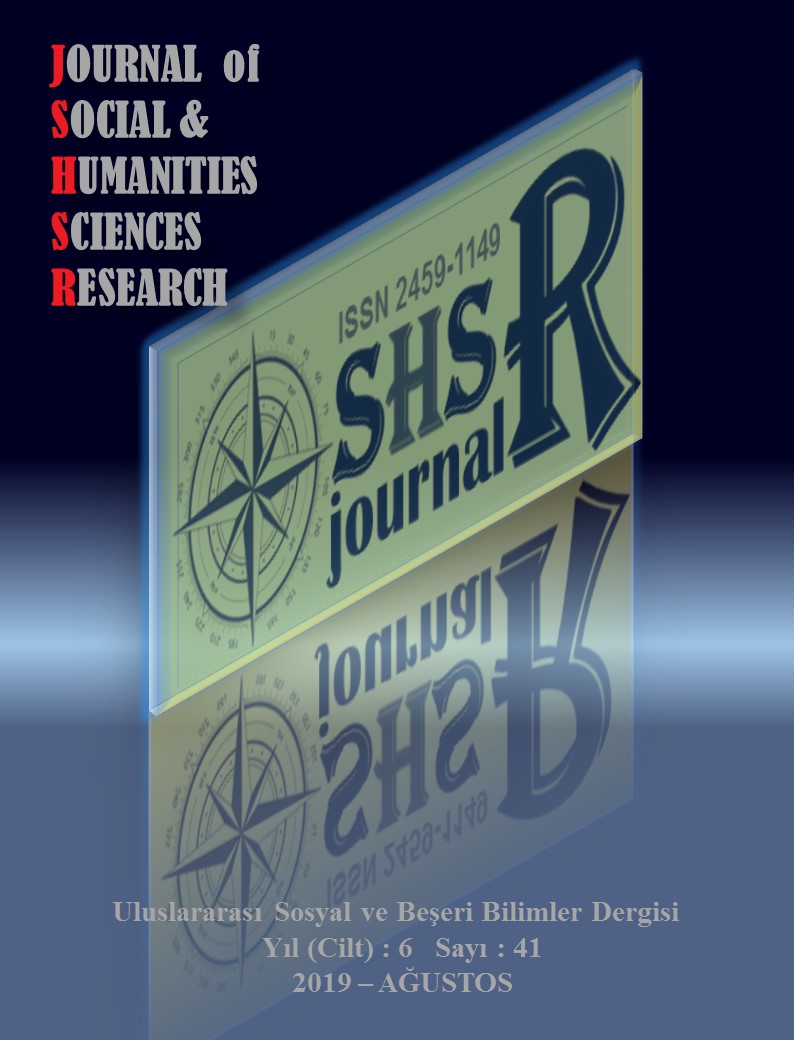A QUALITATIVE FIELD RESEARCH ON EMPLOYER BRANDING
DOI:
https://doi.org/10.26450/jshsr.1327Keywords:
Brand, employer branding, qualitative research methodology, content analysis, grounden theoryAbstract
The aim of this research is to define and explain the employer brand from the perspective of the researches and the managers
that are presented in the literature.
This study is an exploratory research which tries to explain the concept of employer brand which has not been aware of the
managerial sense in social sciences and which has not yet gained awareness. When the human resources management of
enterprises, which are an indispensable element in industrialized societies, is taken into consideration, employer brand, which
is a different method than its competitors, should be applied in order to reach the strategic goals and targets of the enterprise.
In the study, the use of employer brand perception in businesses has been examined. Employer brand factors required in the
creation of employer brand, characteristics, importance in enterprises, etc. information is provided. Secondary data obtained
from interviews and interviews with executives were analyzed with Nvivo 12 package program. Then the results of the research
were interpreted in the results of frequency analysis and word tree analysis. Our research is an exploratory research which tries
to explain by means of qualitative research methods within a resource based approach. The results of the analysis were
examined and interpreted in the research findings section. By taking into consideration the concepts that will form the basis of
the employer brand, businesses can increase their brand values and reach new capabilities. Thus, it can be ensured that they are
more effective than their competitors, and employer brand concept can be spread among the institutions due to competition.
Downloads
Published
How to Cite
Issue
Section
License
Copyright (c) 2019 INTERNATIONAL JOURNAL OF SOCIAL HUMANITIES SCIENCES RESEARCH

This work is licensed under a Creative Commons Attribution 4.0 International License.


